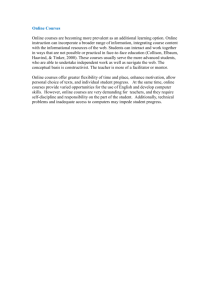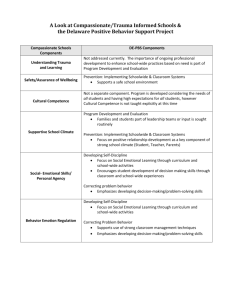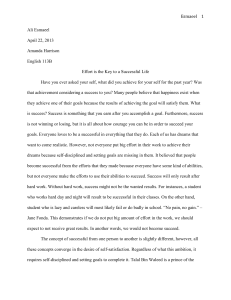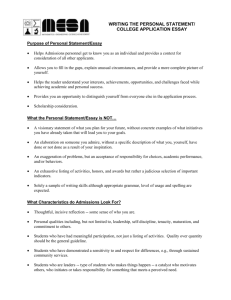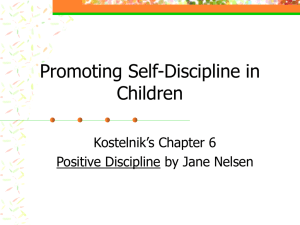Recently, I go through hard days to do the final programming
advertisement
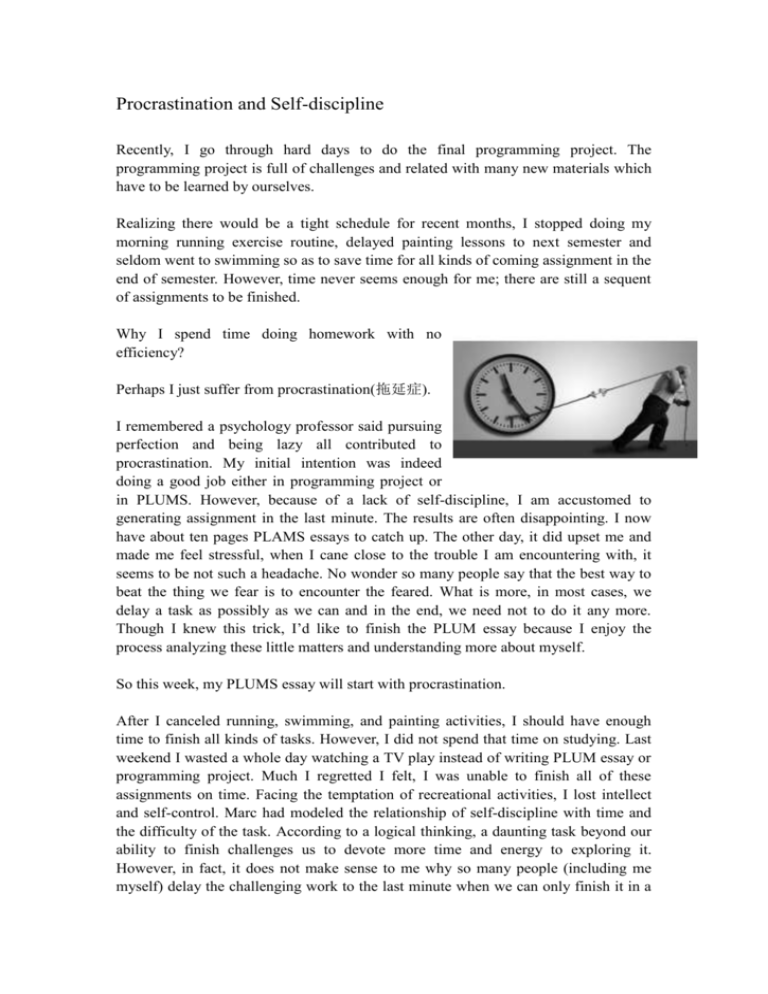
Procrastination and Self-discipline Recently, I go through hard days to do the final programming project. The programming project is full of challenges and related with many new materials which have to be learned by ourselves. Realizing there would be a tight schedule for recent months, I stopped doing my morning running exercise routine, delayed painting lessons to next semester and seldom went to swimming so as to save time for all kinds of coming assignment in the end of semester. However, time never seems enough for me; there are still a sequent of assignments to be finished. Why I spend time doing homework with no efficiency? Perhaps I just suffer from procrastination(拖延症). I remembered a psychology professor said pursuing perfection and being lazy all contributed to procrastination. My initial intention was indeed doing a good job either in programming project or in PLUMS. However, because of a lack of self-discipline, I am accustomed to generating assignment in the last minute. The results are often disappointing. I now have about ten pages PLAMS essays to catch up. The other day, it did upset me and made me feel stressful, when I cane close to the trouble I am encountering with, it seems to be not such a headache. No wonder so many people say that the best way to beat the thing we fear is to encounter the feared. What is more, in most cases, we delay a task as possibly as we can and in the end, we need not to do it any more. Though I knew this trick, I’d like to finish the PLUM essay because I enjoy the process analyzing these little matters and understanding more about myself. So this week, my PLUMS essay will start with procrastination. After I canceled running, swimming, and painting activities, I should have enough time to finish all kinds of tasks. However, I did not spend that time on studying. Last weekend I wasted a whole day watching a TV play instead of writing PLUM essay or programming project. Much I regretted I felt, I was unable to finish all of these assignments on time. Facing the temptation of recreational activities, I lost intellect and self-control. Marc had modeled the relationship of self-discipline with time and the difficulty of the task. According to a logical thinking, a daunting task beyond our ability to finish challenges us to devote more time and energy to exploring it. However, in fact, it does not make sense to me why so many people (including me myself) delay the challenging work to the last minute when we can only finish it in a tight time? Some of us believe in potentiality is inspired in an emergency when we become surprisingly efficient. That is not reasonable at all. The more common result of delaying a task is either we do it in a casual way or we do nothing about it at all. If I intend to model the relationship of the self-discipline required to complete a certain task and the factors related to the task, I will choose the degree of difficulty of the task and the environment where the task would be carried out as the two key factors to analyze. Generally speaking, the more challenging our task is, the more self-discipline are required to avoid inattention, distraction, drowsiness, falling asleep, and as well as turning to entertainment for relax. As for the outside environment, we are more easily to focus on our issue in the environment such as library, classroom and laboratory, where we are seldom interrupted to do something else either willingly or unwillingly. Maybe we can assume: S e l f D i s c i p l i nf e( D i f f i c u, El tnyv i r o n tm ) en Because of lacking the virtue of self-discipline, seldom do I accomplish challenging work in a satisfying way. Before the deadline of every issue, my only solution to the delayed assignment is limiting myself in a environment where nothing else can be done but studying. Though it is a compulsory measure, it does work for me. The self-discipline required for fulfilling a certain task also has something to do with the stage of completion. For example, the beginning and end is crucial point and people often say that do everything with a good beginning and a good end (善始善终). Thus, with work in progress, the self-discipline required changes with the work stage. Of course, the difficulty of work also changes with it (usually decrease) because we are more understanding about and familiar with our mission. S e l f D i s c i p l i nf 1 e( S t a g) e D i f f i c yu l ift 2( S t a g) e S e l f D i s c i p l i nf e( D i f f i c yu, lEi nt v i r o n tm , Set na g) e For us college student, self-discipline can be evaluated in terms of our attitude towards skipping classes. Reasons for us students skipping classes vary from person to person. Some intend to spend time doing what they really want to do; some happen to have what they think more import matters to do; some just miss classes for their over sleeping or addiction in game. One strange reason for our skipping class is having not finished homework. The first time I delayed did weekly PLUMS essay to the last, I thought about skipping the class next day. But quickly, I realized it stupid to skip a class for having not finished homework. Fortunately, I accomplished the mission before the deadline, so I attended class the next day. But several of my acquaintance in PLUMS class did not show up. After class, I asked one of them why she did not attend class, she just had the same thought as mine. Jicheng Guo has ever said he skipped class because he thought some compulsory common courses are so boring that taking such classes is totally a waste of time. If I were a freshman, I could not agree more with what he said. But now, I do not think so any more. The lack of self-discipline more likely contributes to our behaviour of skipping class. When it comes to compulsory common courses and optional courses, our attitude towards them become more casual. Then a question occurs to me: the professional courses and optional courses, which ones are more important? (optional courses we choose simply for credit are not included) In other word, what we should do if we’d like to devote energy and time to our preferred optional courses, however, there are some compulsory assignment we have to finished first? After writing this question, I realize the answer is apparent: accomplish every necessary and compulsory assignment in a effective way and then we have enough time to do what we’d like to do. More obviously, there should not exists such problem if I can finish all kinds of task on time. So be well self-disciplined and keep away from procrastination.
